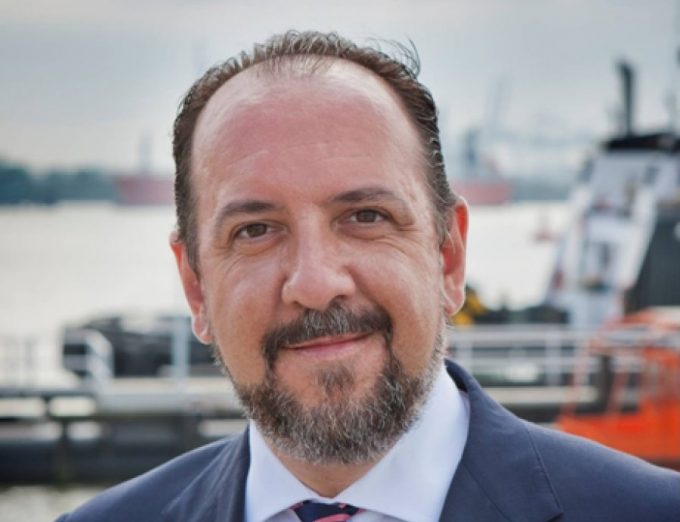Pricing deterrents have 'negligible impact' on shipping emissions, says study
Transport and Environment (T&E) has urged regulatory bodies to adopt “bespoke action” in reducing shipping ...

Successful port sustainability should be inexpensive and extend beyond environmental concerns, according to the International Association of Ports and Harbours (IAPH).
Last year, IAPH launched its World Ports Sustainability Programme, based on the UN’s 17 sustainable development goals, explained Patrick Verhoeven (pictured above), the association’s managing director for policy and strategy.
“The programme goes well-beyond the environment,” he told The Loadstar on the sidelines of a port conference in Ho Chi Minh City yesterday.
“It encompasses resilient infrastructure, climate and energy, safety and ...
Keep our news independent, by supporting The Loadstar
Volume surge and an early peak season? 'Don't celebrate too soon,' warning
Container spot rates diverge: to Europe still falling, but firmer to the US
Hapag-Lloyd won't take bookings if port congestion leaves cargo stranded
Ecommerce likely the front-runner in resurge of transpacific trade after deal
China-US trade tariff pause could drive a rebound for transpacific rates
Service chaos from trade ban with India a problem for Pakistan shippers
Shippers should check out the 'small print' in China-US tariff cuts
Airfreight rates ex-China 'loss-making', but hopes of a trade deal stay high
Carriers impose 'emergency operation' surcharges on Pakistan cargo
Serious threat to jobs in US logistics as tariffs cause economic 'stagflation'
15% rebate for box ships as Suez Canal Authority woos carriers
White House u-turns see freighters flying but keep logistics players on their toes
MSC in terminal switch as Nhava Sheva gets strong start to new fiscal year
Peak season or recession? Forwarders and shippers need to 'stay flexible'
Volga-Dnepr claims 'pirate' Canada has 'hijacked' its stranded aircraft

Comment on this article